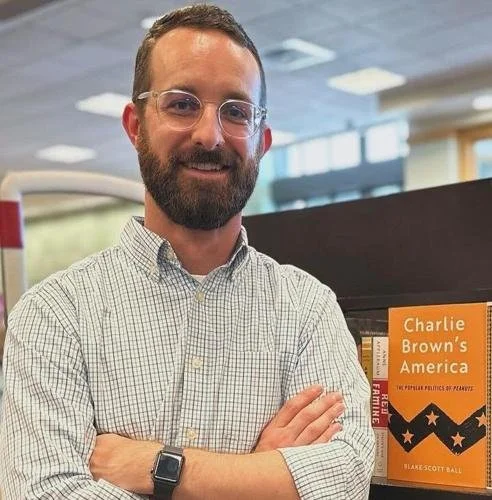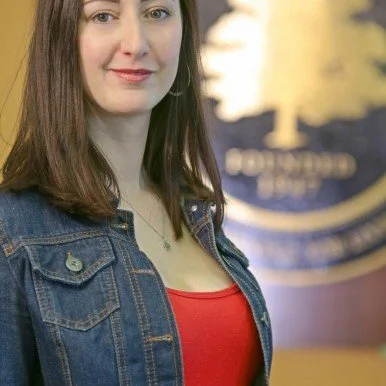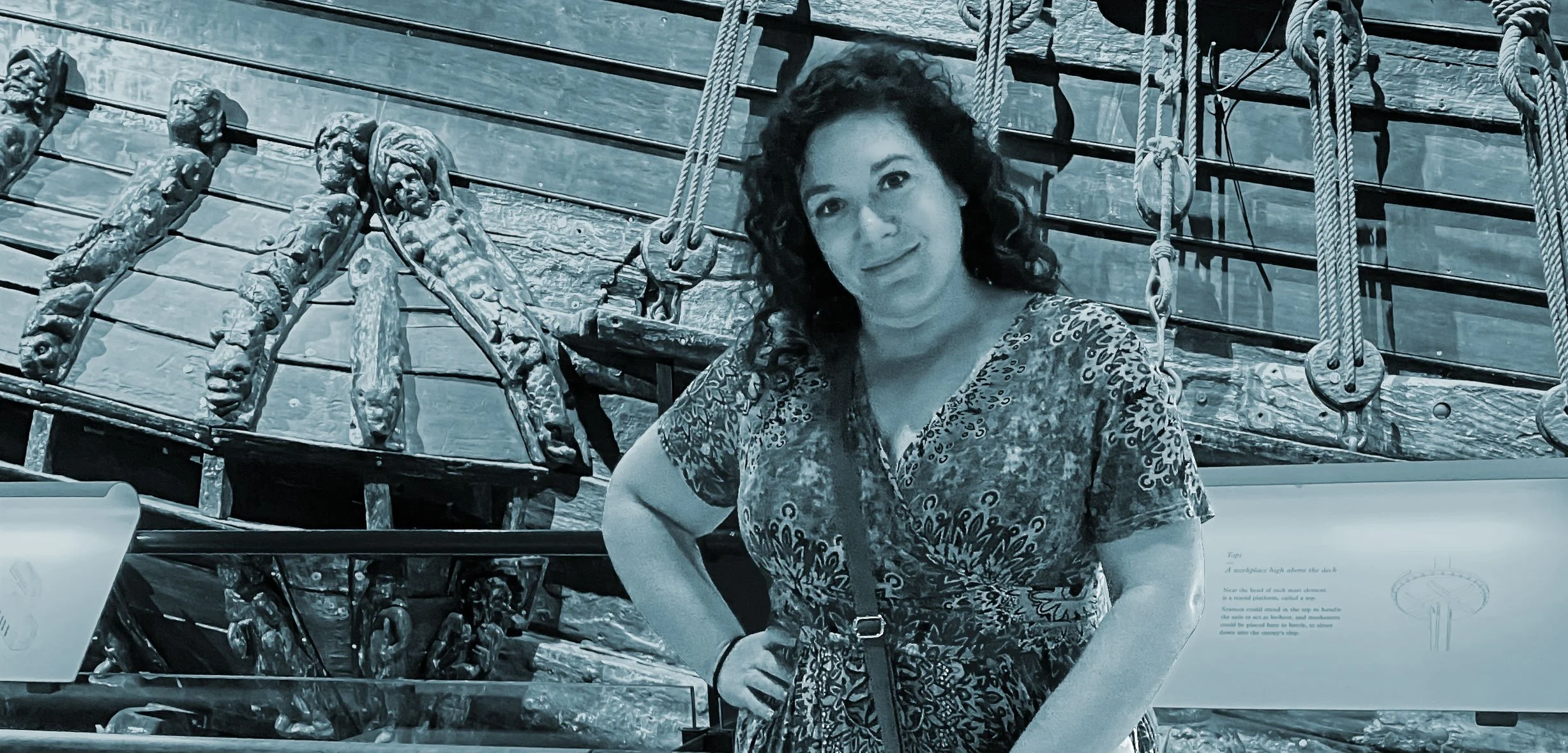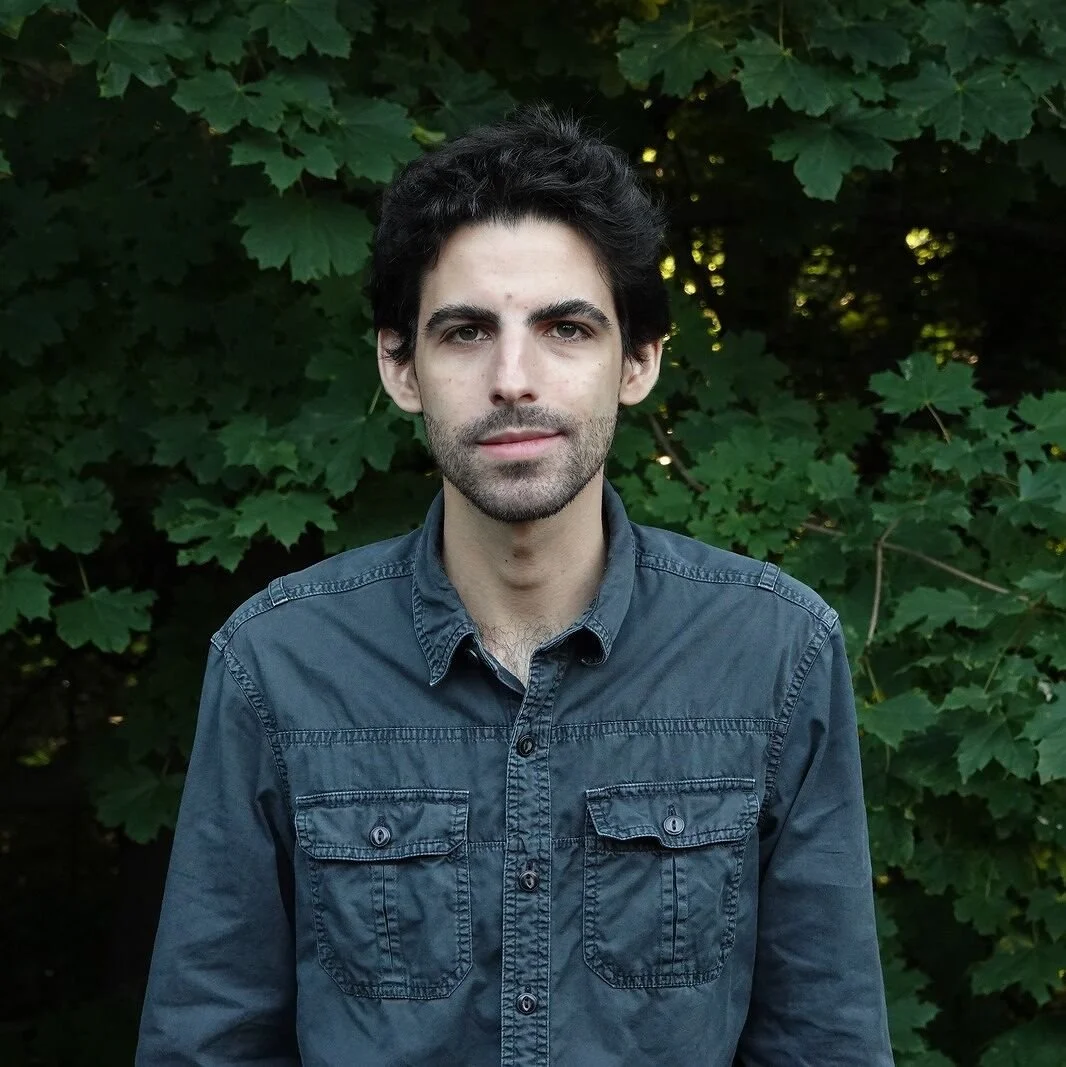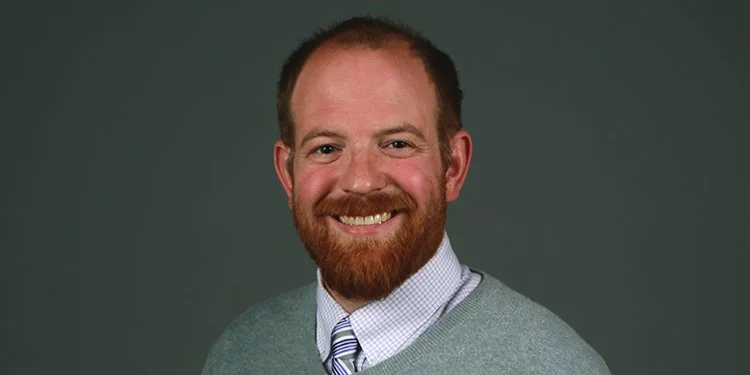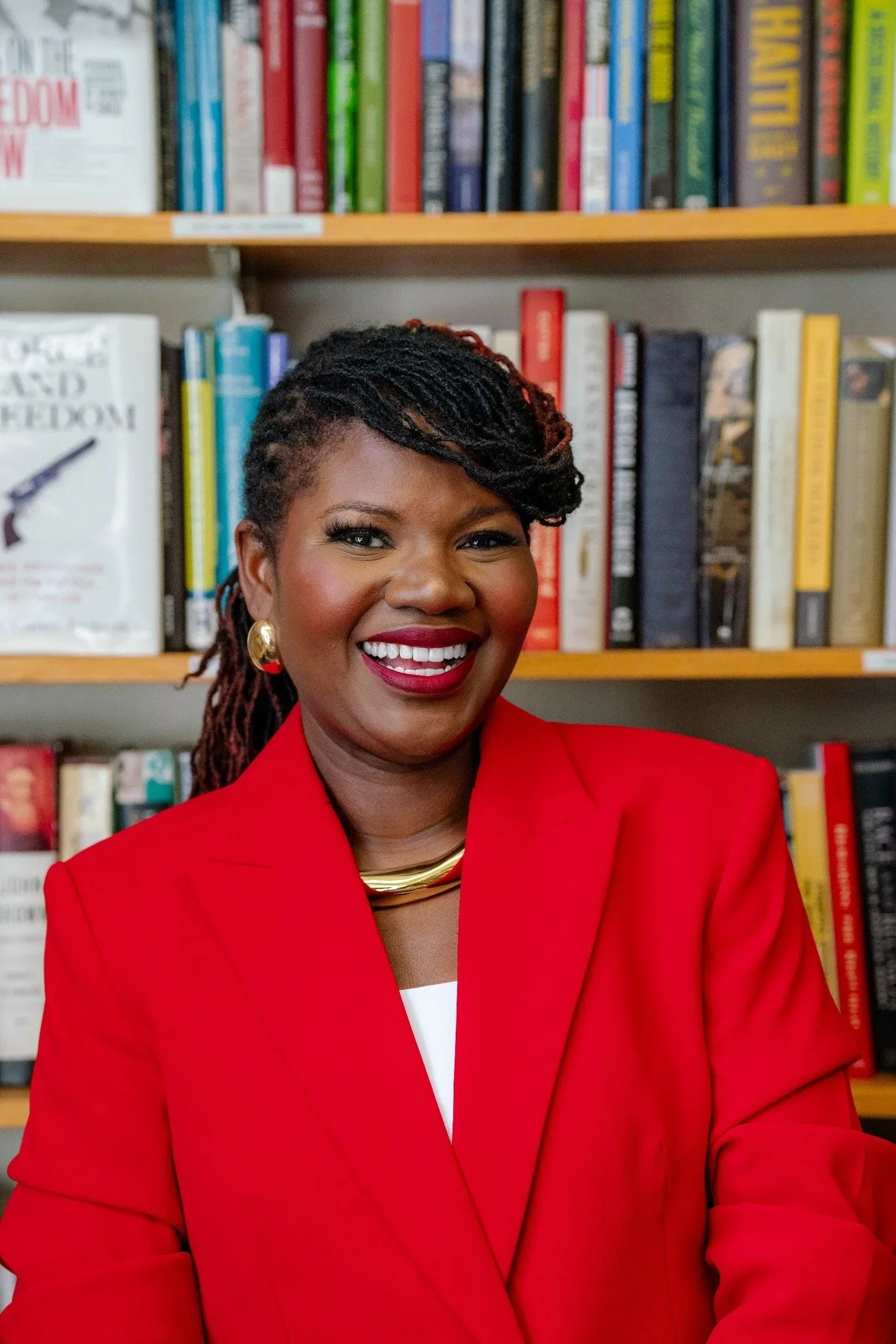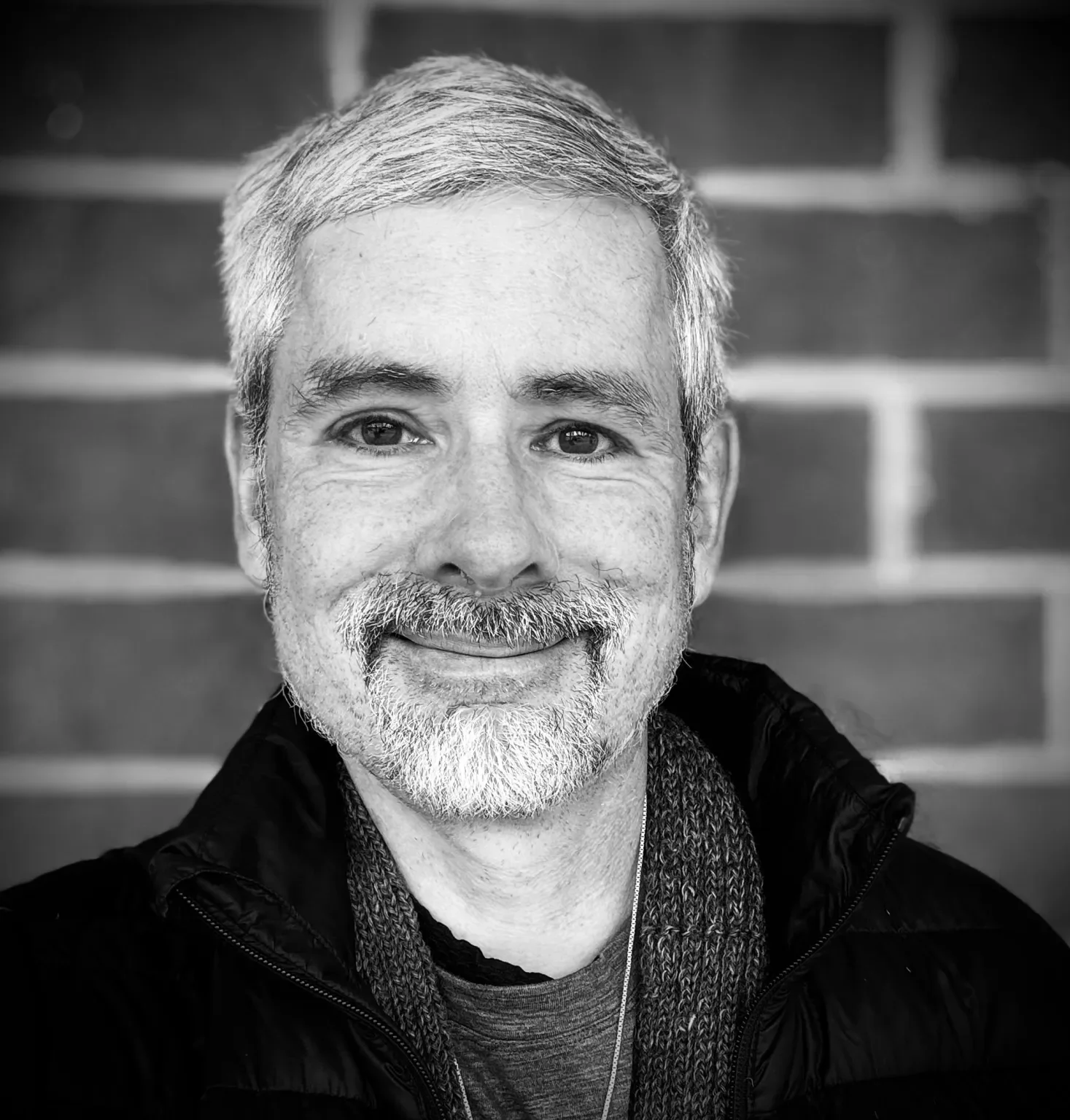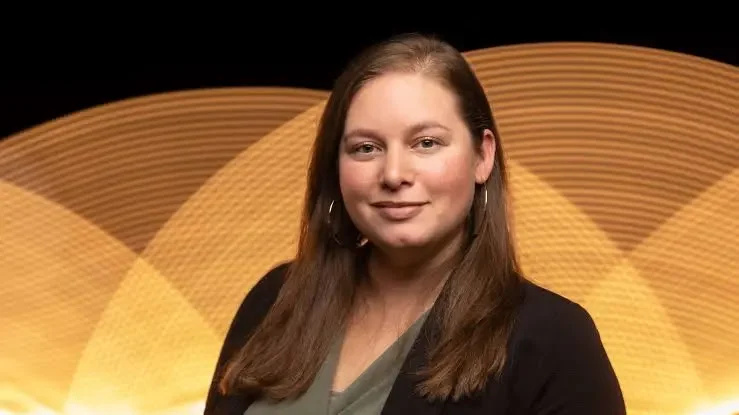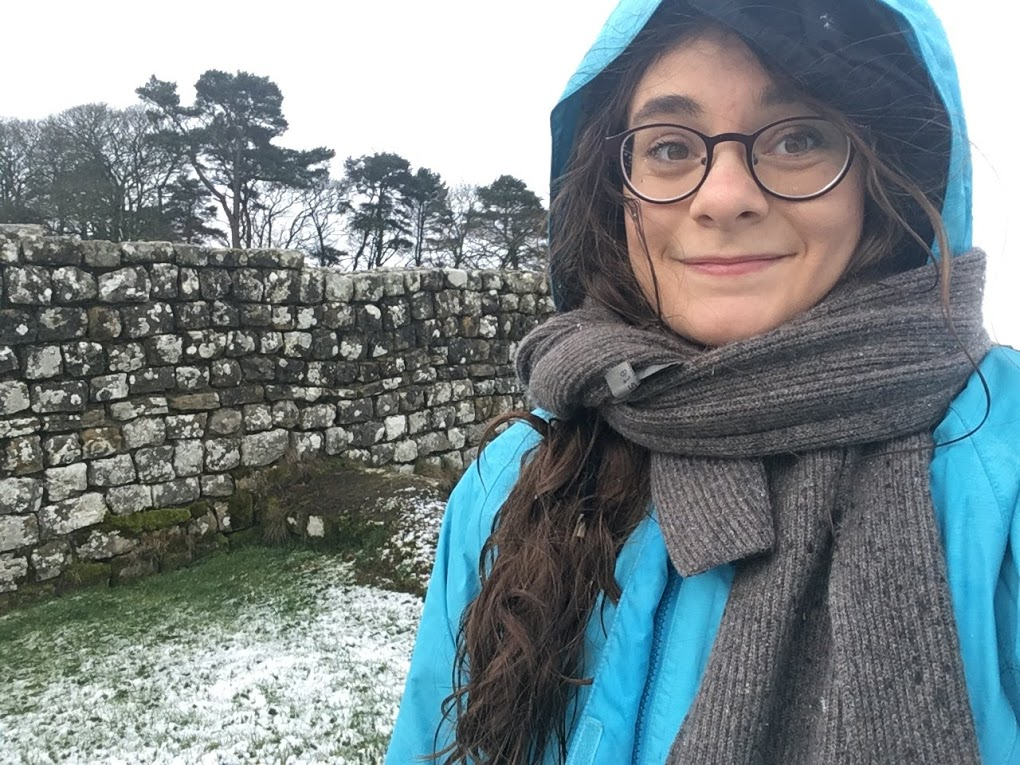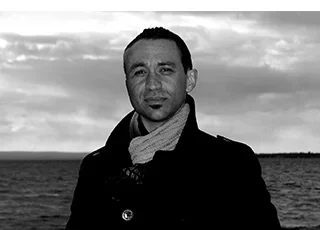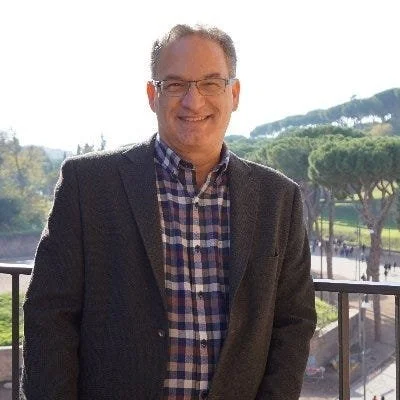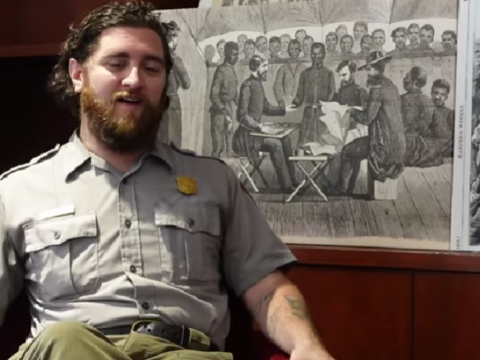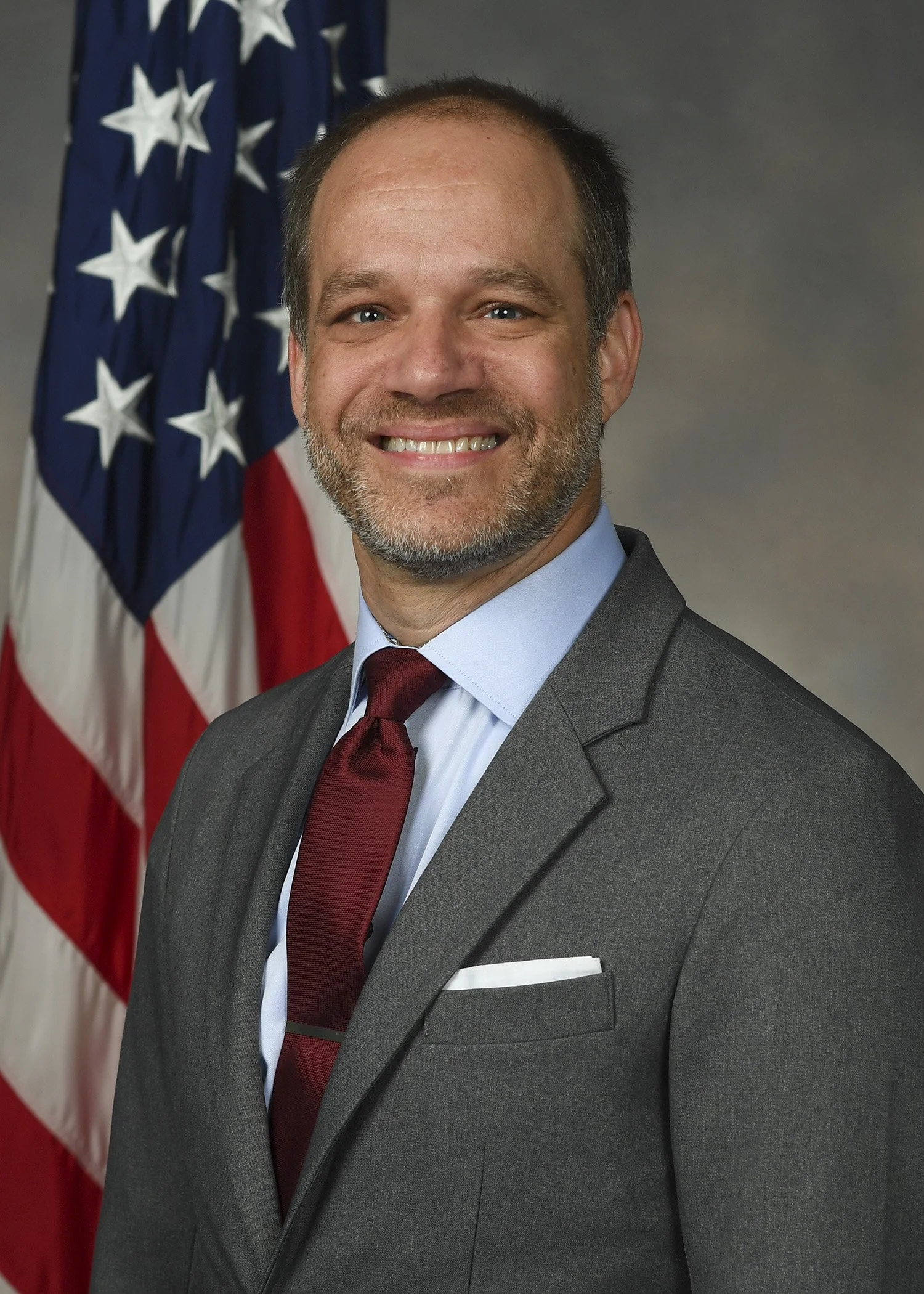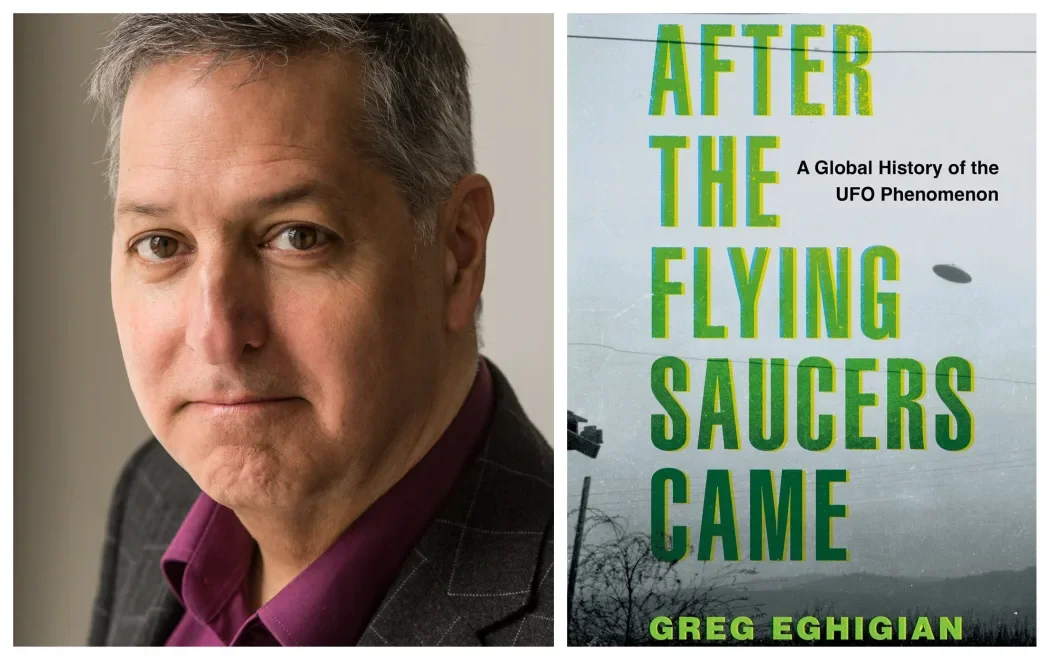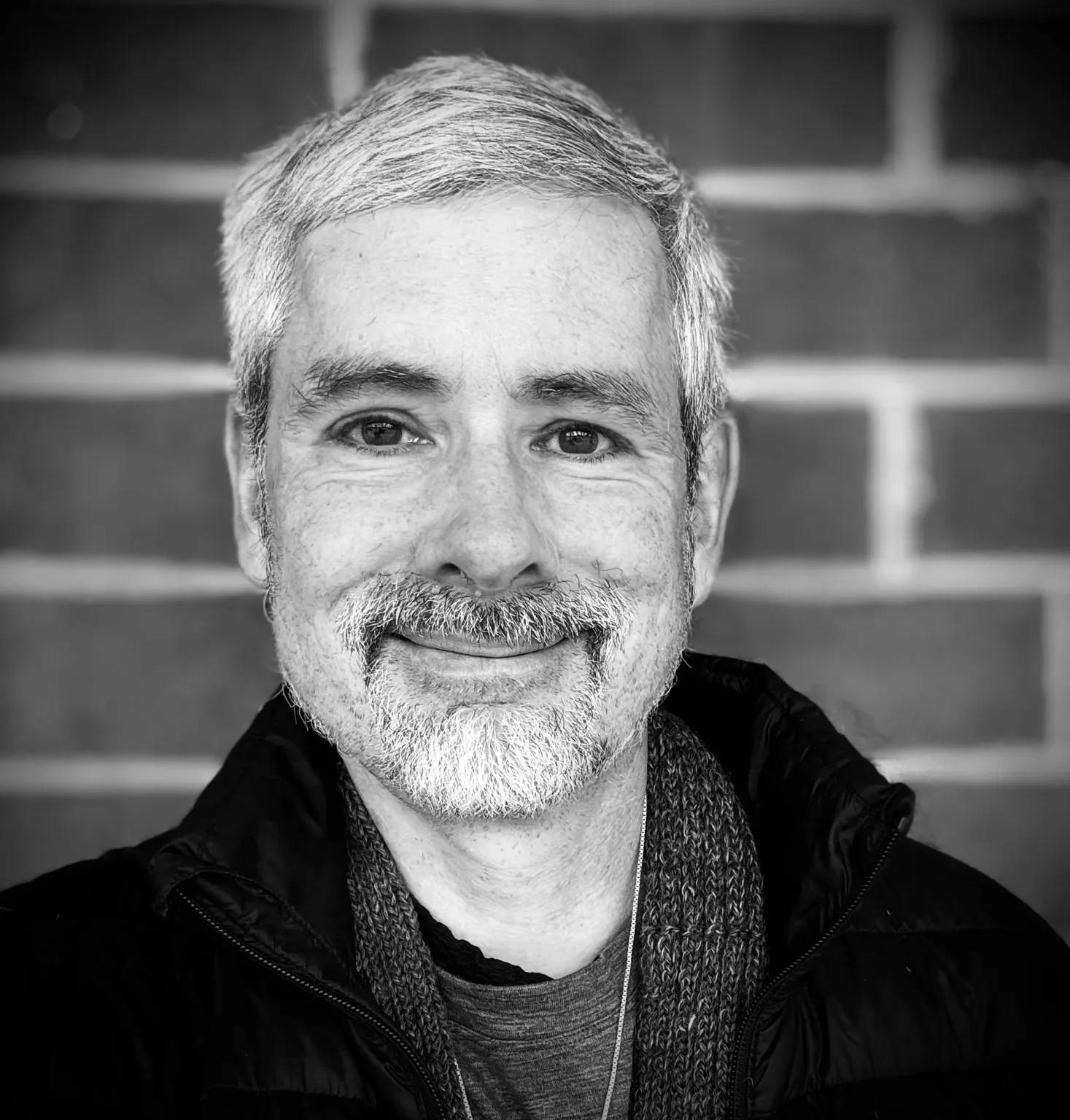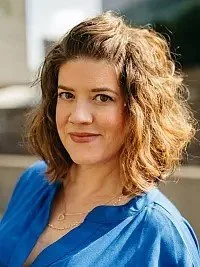Emergency Pod: The Penguin with Dr. Blake Scott Ball
Colin Farrell is back as the boss of Gotham City. This week Blake Scott Ball, author of the forthcoming book Batman: The Making of an American Myth joins in to talk about Batman, the Penguin, and whether or not you should check out the show.
Dr. Blake Scott Ball is an expert in 20th century American political, social, and cultural history. His new book, "Charlie Brown's America: The Popular Politics of Peanuts" was published by Oxford University Press in May 2021.
Episode 96: Pirates of the Caribbean with Dr. Jamie Goodall and Dr. Rebecca Simon
It's Talk Like A Pirate Day and that makes it the perfect time to invite pirate historians Jamie Goodall and Rebecca Simon to talk about pirate mythology, superstitions at sea, and our favorite books and movies about swashbucklers.
Dr. Jamie Goodall is a historian at the U.S. Army Center of Military History in Washington, D.C. She also teaches part-time at Southern New Hampshire University in their College of Online & Continuing Education. She is the author of Pirates of the Chesapeake Bay: From the Colonial Era to the Oyster Wars (Charleston, SC: The History Press, 2020), National Geographic’s Pirates: Shipwrecks, Conquests, and their Lasting Legacy (Washington, D.C.: National Geographic, 2021), Pirates and Privateers from Long Island Sound to Delaware Bay (Charleston, SC: The History Press, 2022), and The Daring Exploits of Black Sam Bellamy: From Cape Cod to the Caribbean (Charleston, SC: The History Press, 2023).
Dr. Rebecca Simon is a historian of early modern piracy, Colonial America, the Atlantic World, and maritime history. She earned her PhD from King’s College London in 2017. My dissertation, entitled: “The Crimes of Piracy and its Punishment: The Performance of Maritime Supremacy in the British Atlantic World, 1670 – 1830,” examines British maritime and legal supremacy in its early American colonies in regards to maritime piracy. She uses the public executions of pirates in London and the Americas as my narrative to see how the colonists reacted to increased legal restrictions by British authorities, which ultimately led to new ideas of autonomy.
Episode 95: How Coppola Became Cage with Zach Schonfeld
This week Zach Schonfeld drops in to talk about his new book detailing Nicolas Cage's origin story. We dive into how Nicolas Coppola grew up in the shadow of his famous uncle, his struggles to break into Hollywood, and the highs and lows of Nicolas Cage's filmography. This pod is the first of its kind and I think you're gonna dig it.
Zach Schonfeld is a freelance journalist, critic, and author known for seeking out untold stories and unexplored angles on music, film, digital culture, and more. From 2014 until 2019, he was a senior writer for Newsweek, where he focused on writing culture features for the print magazine and online. I'm currently a full-time freelance writer, contributing to Pitchfork, The Guardian, Paste Magazine, Vulture, The Ringer, Hell Gate, and many other publications. He has experience writing longform narrative features, sharply argued opinion essays, concise reviews, bizarre rabbit-hole deep dives, and everything in between.
Emergency Pod: Remembering James Earl Jones with Dr. Thomas Lecaque
We lost James Earl Jones today. Thomas Lecaque joins me to remember the man and what he meant to all of us.
Thomas Lecaque is an associate professor of History at Grand View University in Des Moines, Iowa. He specializes in the nexus of apocalyptic religion and political violence. He has written for the Washington Post, Religion Dispatches, Foreign Policy and The Bulwark, among others.
Episode 94: The Help with Dr. Kellie Carter Jackson
This week Kellie Carter Jackson drops in to talk about The Help. We get into Black representations in film, white savior tropes, and what more nuanced discussions of the lived experiences of Black workers in the Civil Rights era look like. Kellie is a freaking powerhouse. Expect her to be back.
Kellie Carter Jackson is the Michael and Denise Kellen 68’ Associate Professor in the Department of Africana Studies at Wellesley College. She studies the lived experiences of Black people with a focus on slavery, abolitionism, the Civil War, political violence, Black women’s history, and film. She is the author of the award-winning book, Force and Freedom: Black Abolitionists and the Politics of Violence, which won the SHEAR James H. Broussard Best First Book Prize. Force and Freedom was also a finalist for the Frederick Douglass Book Prize, a finalist for the Museum of African American History Stone Book Prize, and listed among 13 books to read on African American History by the Washington Post. Carter Jackson is also co-editor of Reconsidering Roots: Race, Politics, & Memory. Her essays have been featured in The New York Times, Washington Post, The Atlantic, The Guardian, The Los Angeles Times, NPR, and other outlets. She has also been interviewed for her expertise on Netflix, Apple TV, Good Morning America, CBS Mornings, MSNBC, PBS, Vox, CNN, the BBC, the History Channel, Al Jazeera, Slate, and a host of documentaries.
Carter Jackson is also a Historian-in-Residence for the Museum of African American History in Boston. She also serves as a commissioner for the Massachusetts Historical Commission, where she represents the Museum of African American History in Boston.
Carter Jackson's latest book, We Refuse: A Forceful History of Black Resistance (Seal Press), examines a radical reframing of the past and present of Black resistance—both nonviolent and violent—to white supremacy. She is also working on the story of the only Black passenger on the Titanic which examines the unexplored aspect of race, migration, and our obsession with one ship thought to be supreme.
Lastly, Carter Jackson loves a good podcast! She is the co-host of the podcast, “This Day in Esoteric Political History” with Jody Avirgan and Niki Hemmer and serves as the Executive Producer and host of "You Get a Podcast" formerly known as "Oprahdemics: The Study of the Queen of Talk" by Radiotopia with Leah Wright Rigeuer. You can follow her on Twitter @kcarterjackson. She currently resides in the suburbs of Boston with her husband and three children.
Episode 93: The Devil Wears Prada with Nancy MacDonell
This week Nancy MacDonell makes her debut on HATM Podcast to talk about Meryl Streep, Anne Hathaway, Anna Wintour, and her book, Empresses of Seventh Avenue, which tells the history of the women who built New York into a fashion powerhouse in the years after World War II. This is a blast, and for me, and eye opening conversation. Hope you enjoy.
Nancy MacDonell is a fashion journalist and fashion historian. She writes the Wall Street Journal column "Fashion with a Past," in which she explores the historic roots of current fashion trends. Her writing has appeared in the New York Times, Elle, Vogue, and many other publications. She is the author of five books, including The Classic Ten: The True Story of the Little Black Dress and Nine Other Fashion Favorites. Nancy is an adjunct lecturer in fashion history at the Fashion Institute of Technology. She was born in Montréal and lives in Brooklyn with her family.
Episode 92: Alien Romulus with Dr. Kathleen Sheppard and Dr. John Wyatt Greenlee
This week Kate Sheppard, John Wyatt Greenlee take a look at the newest edition of the Alien franchise to see what it has to say about capitalism, colonialism, and whether or not the series still has legs after 45 years. Jump in with us on this one.
Dr. Kathleen Sheppard earned her PhD in History of Science from the University of Oklahoma in 2010. After a post-doctoral teaching fellowship at the American University in Cairo, she arrived at Missouri S&T in the fall of 2011. She teaches mainly survey courses on modern Western Civilizations, which is arguably one of the most important courses students in 21st century America can take. Her main focus is on the history of science from the ancient Near East to present day Europe, United States, and Latin America. She has taught courses on the history of European science and Latin American science, as well as a seminar on women in the history of science.
Dr. John Wyatt Greenlee is a medievalist and a cartographic historian, as well as a historian of roads and pathways and pilgrimage. But he is best well known for his work on the role of eels in pre-modern England from the tenth through the seventeenth centuries. He is heavily engaged in outreach and public engagement to make the eel history more widely known, and to raise awareness for the role of eels as an endangered species. His work with eels and eel history has been profiled in TIME, The Guardian, Atlas Obscura, Hakai Magazine, and The New Yorker (click here for a full list of earned media)
Episode 91: 9 to 5 with Dr. Jessica Calarco
This week sociologist Jessica Calarco drops in to talk about the magificent 9 to 5, the changing and sometimes unchanging roles of women in the workplace, her work examining the role of women as America's social safety net, and the one and only Dolly Parton. Let's go.
A Sociologist and Professor at the University of Wisconsin-Madison, Jessica is an award-winning teacher, a leading expert on inequalities in family life and education, and the author of Holding it Together: How Women Became America’s Social Safety Net (Portfolio/Penguin, 2024). Her previous books include Qualitative Literacy: A Guide to Evaluating Ethnographic and Interview Research (with Mario Small; University of California Press, 2022), Negotiating Opportunities: How the Middle Class Secures Advantages in School (Oxford University Press, 2018), and A Field Guide to Grad School: Uncovering the Hidden Curriculum (Princeton University Press, 2020).
Episode 90: Raiders of the Lost Ark with Kathleen Sheppard, Julia Troche, and Leah Packard-Grams
This week we are joined by three historians of archaeology: Kate Sheppard, Julia Troche, and Leah Packard-Grams to talk about one of the most perfect films ever made: Raiders of the Lost Ark. We jump into the history of archaeology, Egypt, Hitler's fascination with the occult, and the perfect pair of Marion Ravenwood and Indiana Jones. Oh, and we drank the whole time. Get ready because this episode goes places.
Dr. Kathleen Sheppard earned her PhD in History of Science from the University of Oklahoma in 2010. After a post-doctoral teaching fellowship at the American University in Cairo, she arrived at Missouri S&T in the fall of 2011. She teaches mainly survey courses on modern Western Civilizations, which is arguably one of the most important courses students in 21st century America can take. Her main focus is on the history of science from the ancient Near East to present day Europe, United States, and Latin America. She has taught courses on the history of European science and Latin American science, as well as a seminar on women in the history of science.
Dr. Julia Troche (she/her) is an Egyptologist, public historian, and educator who is passionate about making history accessible across barriers. She holds a Ph.D. in Egyptology from Brown University and a B.A. in History from UCLA. Julia is currently Associate Professor at Missouri State University in Springfield, MO. She serves as a Governor for the Board of the American Research Center in Egypt (ARCE) and is President, Past Two-Term Vice President, and co-founder of ARCE-Missouri. She is co-chair (since 2024) of the American Society of Overseas Research (ASOR)’s diversity, equity, and inclusion committee as well as the Session Chair (2023-2025) for the Archaeology of Egypt sessions at the ASOR annual meeting. Julia’s first book, "Death, Power, and Apotheosis in Ancient Egypt: The Old and Middle Kingdoms" was published in 2021 with Cornell University Press. She is currently working on a book about the god Ptah for Bloomsbury, a textbook (with B. Brinkman) for Routledge, and a series of articles on Egyptomania and Imhotep that she hopes to turn into a public-facing book.
Leah Packard-Grams is a doctoral candidate at the University of California-Berkeley whose primary interests include Greek, Demotic, and Coptic papyrology, the archaeology of Greco-Roman Egypt, the archaeology of papyrology, and the physicality of ancient texts. She is passionate about diversifying the fields of Archaeology and Greco-Roman Classics to include those accounts of the people who have been historically oppressed and underrepresented. She has worked on translating unpublished papyri in Coptic and Greek for Bryn Mawr College and her recent work has been focused on lexicographical papyrology and the usage of lexical papyri.
Episode 89: Sneakers and Preserving Data at the End of the World with Brian Michael Murphy
This week media archaeologist Brian Michael Murphy drops in to talk about the cult classic, Sneakers starring Robert Redford, Sidney Poitier, and roughly every actor in Hollywood. We talk about just how prescient this film was in predicting data mining as well as Brian's own work exploring data storage, record keeping, and the American obsession with preserving information. I hope you dig it.
Brian Michael Murphy is Associate Professor of American Studies at Williams College and a Faculty Associate at the Berkman Klein Center for Internet & Society at Harvard University. His book We the Dead: Preserving Data at the End of the World (University of North Carolina Press, 2022) received the Lois P. Rudnick Book Prize from the New England American Studies Association, and his writing has appeared in the The Wall Street Journal, The Kenyon Review, Lapham’s Quarterly, Narrative, and in Italian translation in Ácoma, among other places. A Fulbright Scholar, his work has also received support from the National Endowment for the Humanities and the Vermont Arts Council. He holds a Ph.D. in Comparative Studies from The Ohio State University, where he was a Presidential Fellow.
Episode 88: Twisters/The History of Storm Chasing with Kate Carpenter
This week Kate Carpenter drops in to talk about the new film Twisters along with her research on the history of modern-day storm chasing. We get into what they got right, what liberties they took, the role of climate change in the spread of tornado alley, and exactly how crazy are tornado chasers anyway. If you feel it, ride it.
Kate Carpenter is a doctoral candidate in the History of Science at Princeton University. Before that, she earned a Bachelor of Journalism from the University of Missouri-Columbia and a Master of Arts in History (with an emphasis in public history) from the University of Missouri-Kansas City. In between, she has been a writer, copy editor, designer, screenprinter, farmers’ market volunteer and communications officer, and occasional history consultant. When she’s not hosting and producing Drafting the Past, she is working on a dissertation about the history of tornado science and storm chasing in the second half of the twentieth century.
Episode 87: The Mummy/The Untold History of Women Egyptologists with Kathleen Sheppard
This week Kate Sheppard drops in to talk about the movie that made everyone bisexual: 1999's The Mummy starring Brendan Fraser and Rachel Weisz. We get into why this is such a perfect summer movie and dive deep into the history of archaeology itself. Kate also shares with us the findings from her new book Women in the Valley of the Kings: The Untold Story of Women Egyptologists in the Gilded Age, available now. This is an awesome conversation with one of my favorite people in the profession. I hope you like it.
Dr. Kathleen Sheppard earned her PhD in History of Science from the University of Oklahoma in 2010. After a post-doctoral teaching fellowship at the American University in Cairo, she arrived at Missouri S&T in the fall of 2011. She teaches mainly survey courses on modern Western Civilizations, which is arguably one of the most important courses students in 21st century America can take. Her main focus is on the history of science from the ancient Near East to present day Europe, United States, and Latin America. She has taught courses on the history of European science and Latin American science, as well as a seminar on women in the history of science.
Sheppard’s research focuses on 19th and 20th century Egyptology and women in the field. Her first book was a scientific biography of Margaret Alice Murray, the first woman to become a university-trained Egyptologist in Britain (Lexington, 2013). Murray’s career spanned 70 years and over 40 publications. Sheppard is also the editor of a collection of letters between Caroline Ransom Williams, the first university-trained American Egyptologist, and James Breasted from the University of Chicago (Archaeopress, 2018). Sheppard’s most recent monograph, Tea on the Terrace, is about hotels in Egypt as sites of knowledge creation in Egyptology during the discipline’s “Golden Age,” around 1880 to 1930.
Episode 86: National Treasure with Joanne Freeman and The Wibberleys
This week we have something special for you: the film that started it all! And as a bonus, we asked the screenwriters of National Treasure, Cormac and Marianne Wibberley to join me and Joanne Freeman to talk about the creation of the film, what it has to say about history, and the movie's legacy. This is a fun time.
Joanne B. Freeman, Professor of History, specializes in the politics and political culture of the revolutionary and early national periods of American History. She earned her Ph.D. at the University of Virginia. Her most recent book, Affairs of Honor: National Politics in the New Republic (Yale University Press), won the Best Book award from the Society of Historians of the Early American Republic, and her edited volume, Alexander Hamilton: Writings (Library of America) was one of the Atlantic Monthly’s “best books” of 2001. Her current project, The Field of Blood: Congressional Violence in Antebellum America, explores physical violence in the U.S. Congress between 1830 and the Civil War, and what it suggests about the institution of Congress, the nature of American sectionalism, the challenges of a young nation’s developing democracy, and the longstanding roots of the Civil War.
A fellow of the Society of American Historians, Freeman has won fellowships from, among others, the American Council of Learned Societies, the Cullman Center for Scholars and Writers, the Dirkson Congressional Research Center, the American Historical Association, and the Library of Congress. She is a Distinguished Lecturer for the Organization of American Historians, and was rated one of the nation’s “Top Young Historians” in 2005.
Freeman’s articles have appeared in a wide range of academic journals including William and Mary Quarterly, Journal of the Early Republic, Journal of Policy History, and Yale Law Journal, among others. She has written op-ed pieces for the New York Times, and appeared in a host of documentaries on PBS and the History Channel, and in a number of radio programs for NPR and the BBC. She has done extensive work in the realm of public history, including co-curating museum exhibitions, acting as a historical consultant for documentary filmmakers, and giving frequent public lectures at venues such as the Smithsonian Museum of American History, the National Gallery of Art, and Colonial Williamsburg, among other places. She has also worked extensively with high school history teachers and students in workshops, lectures, and symposia around the nation. In the last two years, she has worked as a historical consultant for the National Park Service in the reconstruction of the Alexander Hamilton Grange National Memorial.
Freeman teaches graduate reading and research courses in early national American history, and undergraduate seminars on early national politics and political culture, as well as lecture courses on the American Revolution and early national America.
Cormac and Marianne Wibberley are a screenwriting team with multiple credits to their name including National Treasure, National Treasure: Book of Secrets, and Bad Boyz II.
Episode 85: Horizon and The West According to Kevin Costner with Dr. Megan Kate Nelson and Kate Carpenter
This week Megan Kate Nelson and Kate Carpenter drop in to talk about Kevin Costner's new American epic, Horizon. Our reviews (and our drinks) are mixed but this is such a fun episode as we talk not only about where Horizon succeeds and fails but also about what Costner's career has to say about The West in general. This one is fun.
Dr. Megan Kate Nelson is the author of The Three-Cornered War: The Union, the Confederacy, and Native Peoples in the Fight for the West (Scribner, 2020), which was a Finalist for the 2021 Pulitzer Prize in History.
Her most recent book, Saving Yellowstone: Exploration and Preservation in Reconstruction America was published by Scribner on March 1, 2022, the 150th anniversary of the Yellowstone Act, which created the first national park in the world. Saving Yellowstone has won the 2023 Spur Award for Historical Nonfiction, and is one of Smithsonian Magazine‘s Top Ten Books in History for 2022.
Her new book, The Westerners: Myth-Making and Belonging on the American Frontier, will be published with Scribner in April 2026.
She is an expert in the history of the American Civil War, the U.S. West, and popular culture, and have written articles about these topics for The New York Times, Washington Post, TIME, The Atlantic, Slate, and Smithsonian Magazine.
An elected member of the Society of American Historians, I am also a regular guest on radio shows and TV documentaries about western history and popular culture.
Before leaving academia to write full-time in 2014, she taught U.S. history and American Studies at Texas Tech University, Cal State Fullerton, Harvard, and Brown. She earned her BA in History and Literature from Harvard University and her PhD in American Studies from the University of Iowa.
Kate Carpenter is a doctoral candidate in History of Science at Princeton University. She earned an MA in History (emphasis in Public History) from the University of Missouri-Kansas City and a Bachelor of Journalism degree from the University of Missouri-Columbia. My research focuses on histories of the environment and technology, and asks questions about how humans make meaning of their surroundings. Her current project is a history of the scientific and social culture of storm chasing.
She is dedicated to making relevant connections between scholarship and public understanding using a variety of tools: digital humanities, exhibit design, writing, and more. She is also the producer and host of Drafting the Past, a podcast devoted to the craft of writing history.
Emergency Pod: Gladiator II Trailer Reactions with Craig Bruce Smith
The trailer for Gladiator II is out and we are here for it. Craig Bruce Smith joins in to talk about what we are expecting, the first film's legacy, and Denzel Washington. Let's go.
Craig Bruce Smith is an associate professor of history at National Defense University in the Joint Advanced Warfighting School (JAWS) in Norfolk, VA. He authored American Honor: The Creation of the Nation’s Ideals during the Revolutionary Era and co-authored George Washington’s Lessons in Ethical Leadership.
Smith earned his PhD in American history from Brandeis University. Previously, he was an associate professor of military history at the U.S. Army School of Advanced Military Studies (SAMS), an assistant professor of history, and the director of the history program at William Woods University, and he has taught at additional colleges, including Tufts University. He specializes in American Revolutionary and early American history, specifically focusing on George Washington, honor, ethics, war, the founders, transnational ideas, and national identity. In addition, he has broader interests in colonial America, the early republic, leadership, and early American cultural, intellectual, and political history.
Episode 84: Gettysburg with Kevin Levin, Waitman Beorn, and Rich Condon
This week Kevin Levine, Waitman Beorn, and Rich Condon drop in to talk about the most famous battle of the Civil War. We jump into Ted Turner's 1993 production, asking if it is an apologist film, talk about the events surrounding the battle, and talk about our favorite Civil War books and films.
Dr. Waitman Wade Beorn is an associate professor in History at Northumbria University in Newcastle-upon-Tyne, UK. Dr. Beorn was previously the Director of the Virginia Holocaust Museum in Richmond, VA and the inaugural Blumkin Professor of Holocaust and Genocide Studies at the University of Nebraska-Omaha. His first book, Marching Into Darkness: The Wehrmacht and the Holocaust in Belarus (Harvard University Press) Dr. Beorn is also the author of The Holocaust in Eastern Europe: At the Epicenter of the Final Solution (Bloomsbury Press, 2018) and has recently finished a book on the Janowska concentration camp outside of Lviv, Ukraine. That book Between the Wires: The Janowska Camp and the Holocaust in Lviv was released in August 2024 from Nebraska University Press. Between the Wires was recognised as a Finalist for the National Jewish Book Award in the United States.
Kevin Levin is an experienced and award-winning educator, author, and historian with expertise in high school and college classroom instruction, historic site tours, collaborations with museums, and history teacher training. His research and writing are focused primarily on the history and legacy of the Civil War era. He is the author and editor of three books, including most recently, Searching For Black Confederates: The Civil War’s Most Persistent Myth (2019), Remembering The Battle of the Crater: War as Murder (2012) and Interpreting the Civil War at Museums and Historic Sites (2017). He is currently at work on A Glorious Fate: The Life and Legacy of Colonel Robert Gould Shaw, which is under advance contract with the University of North Carolina Press as well as editing the collected wartime and postwar correspondence of Captain John Christopher Winsmith.
Rich Condon is a public historian from Pittsburgh, Pennsylvania, and a graduate of Shepherd University. For over a decade, he has worked with a multitude of sites and organizations, including The Battle of Franklin Trust, Soldiers & Sailors Memorial Hall and Museum, and the National Park Service. Rich has written for Civil War Times Magazine, The Civil War Monitor, American Battlefield Trust, as well as Emerging Civil War, and operates the Civil War Pittsburgh blog. He currently lives in Gettysburg, Pennsylvania.
Episode 83: The Right Stuff with Kevin Rusnak, Tyler Peterson, and Michael Bazemore
This week Kevin Rusnak, Tyler Peterson, and Michael Bazemore drop into talk about the Cold War, daredevils, and the birth of the Space Program. We have a lot of fun talking about the men and women who made NASA and maybe the coolest movie poster of all time.
Kevin M. Rusnak is the Chief Historian of the Air Force Life Cycle Management Center History Office, located at Wright-Patterson Air Force Base, in Dayton, Ohio. He is responsible for leading the professional research, collection, preservation, analysis, writing, and dissemination of AFLCMC's history and heritage to the organization’s leadership and workforce, as well as to a public audience.
Episode 82: Blood In Blood Out with Jimmy Santiago Baca and Jimmy Patiño
This week poet and screenwriter Jimmy Santiago Baca joins Jimmy Patiño and me to talk about his 1993 epic Blood In Blood Out. We talk about Jimmy's life story, the challenges facing Chicanos in the 70s & 80s and the film's legacy today. This is a special pod. Hope you like it.
Jimmy Santiago Baca is a poet and activist of Chicano and Apache descent and author of Martin and Meditations on the South Valley (1987), which received the 1988 Before Columbus Foundation’s American Book Award in 1989. In addition to over a dozen books of poetry, he has published memoirs, essays, stories, and a screenplay, Blood In Blood Out (aka Bound by Honor) (1993), which was directed by Taylor Hackford.
Jimmy Patiño seeks to critically excavate alternative imaginings of democratic practice among aggrieved communities in the midst of global capitalism. Concentrating on Mexican-origin and broader Latino/a/x communities at the U.S. Mexico Border and in major U.S. urban settings, his work attempts to dialog about the ways that concepts of race, gender and nation create hegemonic class disparities AND formulate an array of identities that mobilize social movements and initiate class struggles on multiple fronts. His first book, Raza Sí, Migra No: Chicano Movement Struggles for Immigrant Rights in San Diego asserts that important contingents of Mexican-origin activists in the U.S. engaged, across generations, the crisis over the “illegal alien“ through attempts at organizing the Mexican-origin community across differences of national affiliation and citizenship status. Focusing on San Diego due to its vital positioning as both urban and border space where consistent migration and race-based border policing has occurred, the project illuminates a serious challenge to deportation-oriented immigration policies between 1968 and 1986 through the ideological prism of Chicano self-determination. He is now working on a number of other projects, including a study that investigates the conceptualization and historical practice of solidarity primarily through the lens of African American, Chicana/o/x, and Puerto Rican sites of struggle in the twentieth century. Important to this investigation are the ways regional differences and geo-historical contexts facilitated articulations of Black-Brown/Afro-Latinx diasporic solidarities and how these articulations led to counter hegemonic activities and theories of revolution across local, national and transnational boundaries. Through a relational and comparative framework, the study will ground these analyses in historical activities in the Midwest, Texas, California and New York in the burgeoning Black and Brown Power movements at the mid to late 20th century. His broader research and teaching interests include Comparative Ethnic Studies, Chicano/a-Latino/a History, diaspora/transnationalism/borderlands, social movements and political mobilizations, and Cultural Studies.
Episode 81:Close Encounters of the Third Kind/A Global History of the UFO Phenomenon with Greg Eghigian
Dr. Greg Eghigian is a professor of history and bioethics at Penn State University. A historian of both the human sciences and modern Europe, he is particularly interested in how societies grapple with the questions and problems associated with modernity through the vehicles of science, technology, and medicine. His research has largely focused on the nature of power and the relationship between the state, science, and medicine in understanding and managing things such as disability, deviance, criminality, mental illness, and security. He regularly writes articles and present papers on the general history of madness and psychiatry. In recent years, however, his interests have moved into studying the history of supernatural and paranormal phenomena.
Episode 80: The Goonies and Generation X with John Wyatt Greenlee, Leah Lagrone, and Jamie Goodall
This week Jamie Goodall joins #HATM regulars John Wyatt Greenlee and Leah Lagrone to get to the bottom of a serious question: to which generation does The Goonies belong. We are up to no good in this episode and even through in some pirate history to boot. HATM never says die.
Dr. John Wyatt Greenlee is a medievalist and a cartographic historian. His academic research is primarily driven by questions of how people perceive and reproduce their spaces: how movement through the world — both experiential and imagined — becomes codified in visual and written maps.
Dr. Leah LaGrone is an assistant professor of history and public history director. She graduated from Texas Christian University in Fort Worth, Texas, with a PhD in history focused on borderlands, labor, and gender studies in early 20th century. Her research examines state legislation and the discourse on minimum wages for women, specifically the connections of sex work with low wages. Her current book project, “A Woman’s Worth: How Race and Respectability Politics Influenced Minimum Wage Policies,” demonstrates that the politics around race and the minimum wage for women drove conversations among labor, politicians, and progressive reformers about the future of white supremacy in Texas.
Dr. Jamie L.H. Goodall is a historian at the U.S. Army Center of Military History in Washington, D.C. All views expressed on my website are my own and are not reflective of my employer, the U.S. Army, or the Department of Defense. She also teaches part-time at Southern New Hampshire University in their College of Online & Continuing Education. She is the author of Pirates of the Chesapeake Bay: From the Colonial Era to the Oyster Wars (Charleston, SC: The History Press, 2020), National Geographic’s Pirates: Shipwrecks, Conquests, and their Lasting Legacy (Washington, D.C.: National Geographic, 2021), Pirates and Privateers from Long Island Sound to Delaware Bay (Charleston, SC: The History Press, 2022), and The Daring Exploits of Black Sam Bellamy: From Cape Cod to the Caribbean (Charleston, SC: The History Press, 2023).
